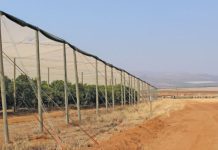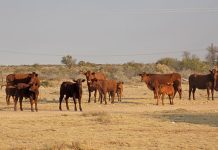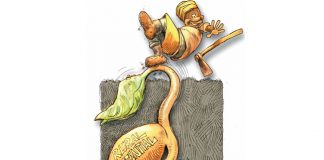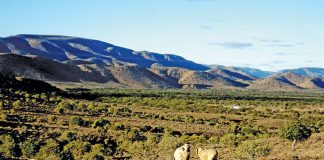The details of any policy are always the most difficult to determine, especially when there are many conflicting interests. In the sugar industry these include consumers, manufacturers, refiners, millers and sugarcane growers – both large and small-scale, established and new entrants. Just as we face our changing sugar legislation, European Union (EU) sugar producers are digesting remarkable changes to theirs, effective from June 2006.
Early indications are that further changes will be needed to achieve the EU’s objectives. This highlights the sensitivity and importance of reviewing any policy and monitoring it continually to ensure that it has no unintended consequences.
Effects on Southern Africa
The EU reforms, driven by the World Trade Organisation trade disciplines, will affect the SADC region. The decades-old preferential trade agreement between the EU and developing African, Caribbean and Pacific (ACP ) countries requires amendment in the form of regional Economic Partnership Agreements (EPA ).
The Southern African EPA will be complicated by South Africa’s free trade agreement with the EU, the SADC and Common Market for Eastern and Southern Africa (Comesa) regional agreements, and the accord that accommodates South Africa in the regional EPA . Ultimately, the changes to the EU domestic and international trade arrangements will give other countries greater access to EU sugar markets, albeit at a lower price. The SADC Sugar Cooperation Agreement, an integral part of the SADC trade protocol, was signed in 2001. During the recent review, the agreement was extended subject to some minor changes. The SADC countries are also working to establish comprehensive development strategies in areas of mutual benefit, in particular those that will improve the SADC ’s export competitiveness.
They are also looking at ways to safeguard and enhance the value of not only SADC domestic markets, but ultimately African markets as well. The finalisation of the reviews of the Sugar Act, EPA s and the SADC arrangements will provide the policy certainty required for long-term investment.
Land reform
Industry needs to be sure of its means of production. Currently, landowners have to make production decisions amid a great deal of uncertainty created by the restitution of land claims. A recent survey showed that 44% of the South African sugar industry’s freehold land is subject to pending or gazetted land claims. Of this, only 2% of the area has been settled, meaning the fate of the remaining 42% is unknown.
At the current pace of processing, these unresolved claims are unlikely to be settled by the March 2008 deadline – even though delays erode confidence among current landowners. Many landowners belong to a vibrant rural community that will mentor new entrants, and some are willing to sell in order to facilitate the land reform process. The problems don’t end once land claims have been settled. Claimants acquire land without improvements, and to complicate matters the essential requirements of management training, machinery and working capital are only available from different government departments.
Inkhezo, the land reform initiative sponsored by the Sugar Association, is in the forefront of the productive and sustainable implementation of land reform. Freehold land transferred between willing buyers and willing sellers under the Land Redistribution for Agricultural Development programme has given rise to many successful farming ventures. Regrettably, some of the less successful gain the attention of the media, despite the fact that the sugar industry has a proud record of establishing new black farmers. Indeed, the sugar industry’s land redistribution success underlies many aspects of the draft AgriBEE Charter, in terms of which qualifying individuals will be required to manage their businesses.
Further, the collective efforts of the member-funded Sugar Association, as well as community achievements, will reflect positively on the scorecards of industry members. The sugar industry feels the pinch of South Africa’s increasing skills shortage across the value chain, from cane cutters to managers, engineers and scientists. The industry’s Shukela Training Centre trains South African and regional sugar employees and is acknowledged as a top-quality facility even by those outside the industry. In addition, the Trust Fund for Education supports 72 students, half of whom are female, in various tertiary courses. Efforts are also being made to improve productivity across the value chain, not least that of manual cane cutters.













